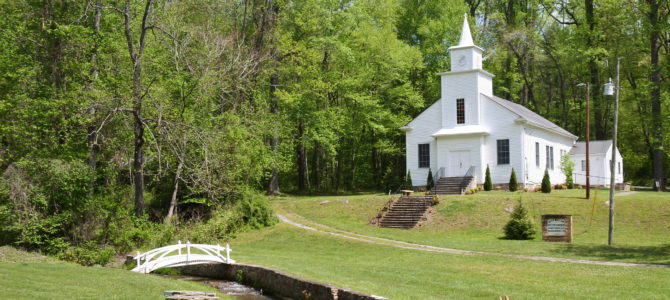A federal judge overturned North Carolina Democratic Gov. Roy Cooper’s orders Saturday that sought to cap religious services at no more than 10 people while businesses and other organizations in the state were left to accommodate up to 50.
The double standard, District Court Judge James C. Dever ruled in the Eastern District of North Carolina, was an overt show of distrust among those gathering to worship and deemed the directive illegal, according to the News and Observer.
“The record, at this admittedly early stage of the case, reveals that the Governor appears to trust citizens to perform non-religious activities indoors (such as shopping or working or selling merchandise) but does not trust them to do the same when they worship together indoors,” the judge wrote.
A state hearing on whether the governor’s directive will become permanent is slated to take place on May 29, but the judge’s decision bars the governor from taking action against those congregating for religious services. Cooper said he had no plans to appeal the judge’s ruling, the News and Observer reported.
“The court trusts worshipers and their leaders to look after one another and society while exercising their free exercise rights just as they and their fellow citizens (whether religious or not) do when engaged in non-religious activities,” Dever said, but still recommended institutions to follow responsible public health guidelines for social distancing.
“We don’t want indoor meetings to become hotspots for the virus and our health experts continue to warn that large groups sitting together inside for long periods of time are much more likely to cause the spread of COVID-19,” said Cooper’s spokesperson Ford Porter in response to the judge’s ruling. “While our office disagrees with the decision, we will not appeal, but instead urge houses of worship and their leaders to voluntarily follow public health guidance to keep their members safe.”
The judge’s order emerged from a case involving two Baptist churches filing a lawsuit against the governor last week arguing that Cooper’s order violated their First Amendment rights to worship.
The case is just the latest in a string of others challenging state and local orders over draconian lockdowns in an effort to curb the spread of the novel Wuhan coronavirus.
In April, U.S. Attorney General William Barr instructed U.S. attorneys to be on the lookout state and local ordinances that are potentially violating citizens’ civil liberties.
“Millions of Americans across the nation have been ordered to stay in their homes, leaving only for essential and necessary reasons, while countless businesses and other gathering places have been ordered to close their doors indefinitely,” Barr wrote in a department memo. “These kinds of restrictions have been necessary in order to stop the spread of a deadly disease – but there is no denying that they have imposed tremendous burdens on the daily lives of all Americans.”
As the nation approached Easter in mid-April, lockdowns remained in full-force prompting some churches to adapt to drive-in services. One Kentucky mayor however, sought to prohibit his city from conducting safe worship by threatening those who participated with arrest and criminal penalties. Federal District Court Judge Justin Walker however, who has since been nominated to a seat on the U.S. District Court blocked Louisville Mayor Greg Fischer’s threats however, declaring them unconstitutional and “beyond all reason.”









